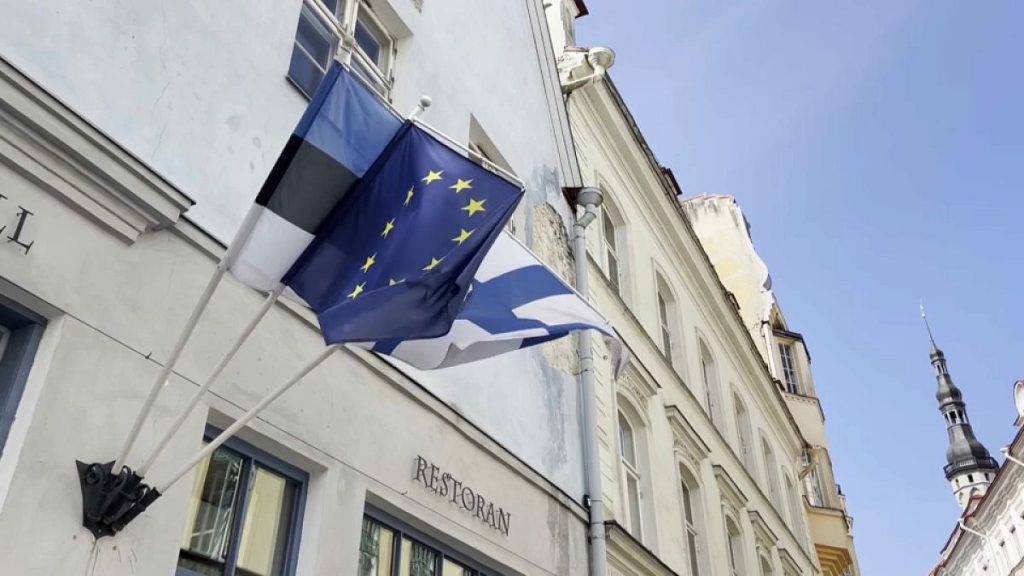The nearly 300,000 Russians living in Estonia are actively participating in the upcoming European Parliament elections. Generally, they tend to vote for Russian-speaking candidates, such as popular candidate Jana Toom, who has supporters that are pro-European and distance themselves from the actions of the Kremlin. Toom believes in the need for a political nation in Estonia that does not hold Russian-speaking children responsible for Putin’s actions. Young Estonians from Russian backgrounds also seek candidates who understand and can represent the struggles of the Russian minority within the country, fostering unity among ethnic groups.
One pro-Russian voice in the country is Aivo Peterson, an MEP candidate who is currently in prison. His party or movement is seen as friendly to Putin, and there are charges against him for cooperating with Russian special services. This highlights the diversity of opinions within the Russian diaspora in Estonia. Not all Russians living in the country will have the opportunity to vote in the EU elections due to lacking Estonian citizenship, despite residing in the country for years. The complexities and challenges faced by the Russian minority in Estonia shape the voting priorities and decisions of many Russian voters in the upcoming polls.
Many Russian voters in Estonia are looking for candidates who can understand and address the struggles, challenges, and opportunities faced by the Russian-speaking minority within the country. This desire for representation and recognition of their unique experiences and perspectives is a driving force behind their voting decisions in the EU elections. The presence of pro-Russian voices, such as Aivo Peterson, further adds to the diversity of political opinions within the Russian diaspora in Estonia, reflecting the complex dynamics at play in the upcoming polls.
Russian voters in Estonia are navigating between pro-European and pro-Russian candidates, with some supporting candidates who distance themselves from the Kremlin’s actions, while others align themselves with more pro-Russian voices. The diversity of opinions within the Russian diaspora in Estonia adds depth and complexity to the political landscape, shaping the priorities and challenges faced by Russian voters in the EU elections. Despite these differences, the overarching desire among many Russian voters is for candidates who can represent and understand the struggles of the Russian minority, fostering unity and inclusivity within the country’s political system.
The upcoming EU elections in Estonia will see a range of voices and perspectives from the Russian diaspora, each with their own priorities and challenges. While some Russian voters support pro-European candidates who distance themselves from the Kremlin, others align with more pro-Russian voices, highlighting the diversity of opinions within the community. The lack of Estonian citizenship among some Russian residents in the country limits their ability to vote in the elections, underscoring the complex dynamics and challenges faced by the Russian minority in Estonia. Overall, the Russian voters in Estonia are seeking candidates who can understand and represent their unique experiences and struggles, fostering unity and inclusivity within the political system.


